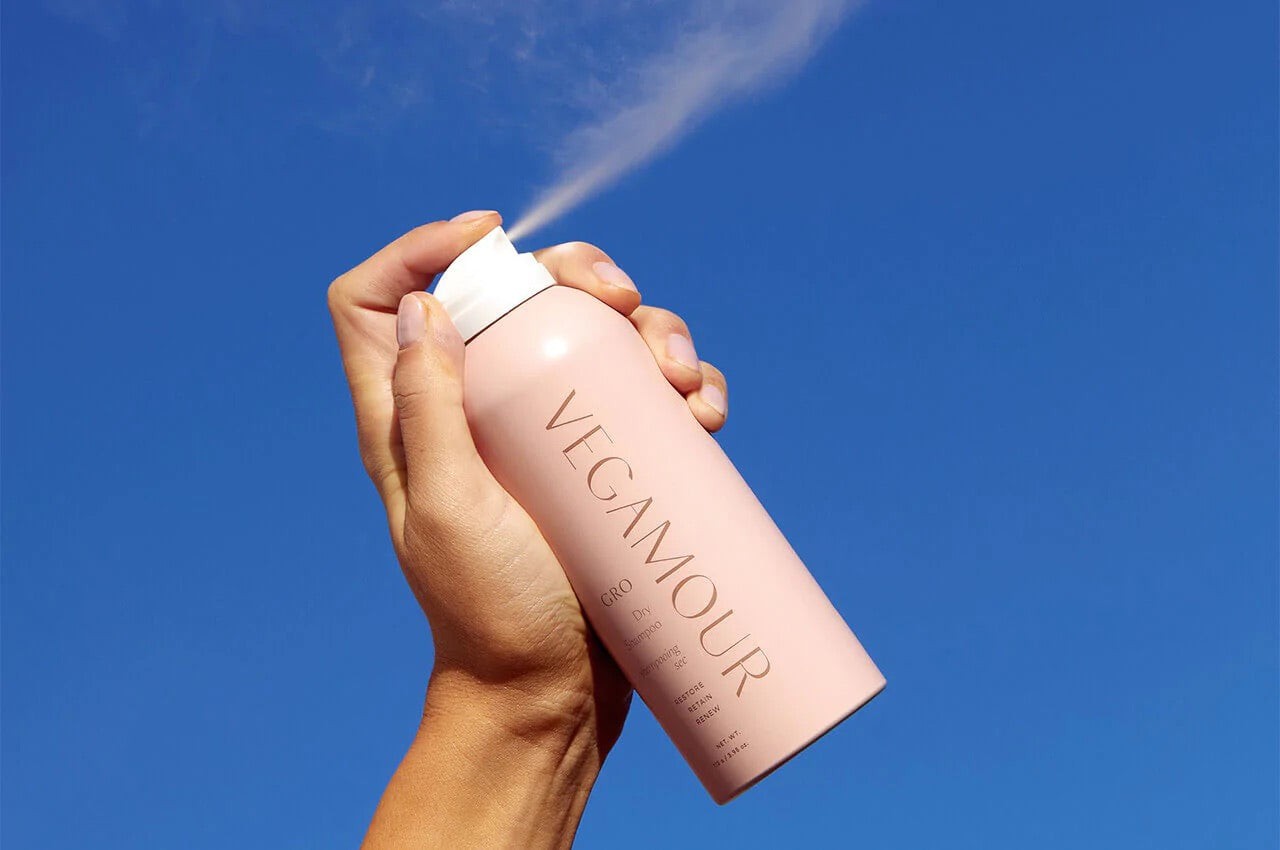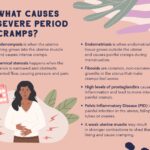An itchy scalp can be incredibly bothersome, and it’s even more frustrating when it appears a day after you’ve washed your hair. You’d think washing would cleanse and soothe your scalp, so why the delayed itch? If you’re experiencing this uncomfortable sensation, you’re not alone. Many people find themselves scratching their heads wondering, “Why Does My Scalp Itch A Day After Washing?”
The good news is that while annoying, this type of delayed scalp itch is often due to common and manageable factors. Let’s explore the potential reasons behind your itchy scalp and what you can do to find relief and maintain a healthy scalp environment.
Decoding the Delayed Itch: Common Culprits
Most instances of scalp itchiness, especially when it develops after washing, are linked to imbalances or irritations affecting the delicate skin on your head. These can range from simple product residue to underlying skin conditions. Here are some of the most frequent causes:
-
Shampoo or Conditioner Residue: One of the most common reasons for a scalp itch a day after washing is simply product buildup. If you don’t rinse your shampoo or conditioner thoroughly, residue can remain on your scalp. This residue can disrupt the natural pH balance of your scalp and hair follicles, leading to dryness, flakiness, and that persistent itch. Think of it like soap scum on your skin – it can be irritating!
-
Irritating Ingredients in Hair Products: Your shampoo, conditioner, or styling products might contain ingredients that are irritating your scalp. This is known as contact dermatitis, an allergic reaction or sensitivity to specific chemicals. Common culprits include sulfates (harsh cleansers), parabens (preservatives), silicones (can build up), phthalates (fragrance carriers), and formaldehyde (preservative). Even seemingly “gentle” ingredients can cause irritation in sensitive individuals.
-
Scalp Dryness and Over-Washing: While washing is meant to cleanse, overdoing it can actually strip your scalp of its natural oils. This can lead to dryness and irritation, which manifests as an itchy scalp. Harsh shampoos, especially those containing sulfates, are more likely to cause dryness. Environmental factors like dry winter air can also exacerbate scalp dryness.
-
Seborrheic Dermatitis and Dandruff: These common scalp conditions are characterized by flaky skin and itchiness. Seborrheic dermatitis is a more severe form of dandruff and can be triggered or worsened by certain shampoos or washing habits. The yeast Malassezia globosa, which naturally lives on the scalp, plays a role in these conditions. Irritation from shampoos can disrupt the scalp’s balance and contribute to flare-ups.
-
Allergic Reactions: Beyond irritants, you could be having a true allergic reaction to an ingredient in your hair products, particularly hair dyes or fragrances. Allergic contact dermatitis can cause intense itching, redness, and even a rash on the scalp.
-
Scalp Buildup (Dead Skin Cells & Natural Oils): Just as product residue can cause problems, so can the natural buildup of dead skin cells and sebum (natural scalp oil). If you don’t wash your hair frequently enough for your scalp type, this buildup can irritate the scalp and lead to itching.
-
Less Common Causes: While less frequent, conditions like scalp psoriasis, fungal infections (like ringworm), head lice, nerve problems, and even autoimmune diseases can also contribute to an itchy scalp. If your itch is severe, persistent, or accompanied by other symptoms like hair loss or pain, it’s important to consult a doctor.

Expert Insights on Shampooing and Scalp Itch
To understand more about the link between shampooing habits and itchy scalp, we consulted with dermatology expert Anna Chacon from MyPsorasisTeam. She highlights the crucial role of proper rinsing and product application.
“People with itchy scalps might not be thoroughly washing out all the hair products they use, such as shampoo, conditioner, oils, or waxes,” Chacon explains. “This can lead to an itchy scalp because of the changes in pH these products cause to the scalp and hair shafts and follicles, leaving them prone to dryness and flakiness.”
Chacon also points out that the absence of proper conditioning can be a factor. “On the other hand, not applying adequate product thoroughly after the wash (leave-in conditioner/oils) can also cause an itchy scalp because a pH balance is not being restored.”
Essentially, both incomplete rinsing and inadequate moisturizing after washing can disrupt the scalp’s delicate balance and trigger itching.
Ingredient Awareness: What’s in Your Shampoo?
If you are confident in your rinsing technique and conditioning habits, the next step is to scrutinize the ingredient lists of your hair care products. Pay close attention to your shampoo, conditioner, and any styling products you use regularly.
To pinpoint potential irritants, consider a simple elimination test. For a week or two, stick to just your regular shampoo and conditioner, and avoid all other styling products. If your itchy scalp improves, it suggests that a styling product ingredient might be the culprit. You can then gradually reintroduce products one by one to identify the specific offender.
When choosing new hair products, especially if you have a sensitive scalp, consider opting for formulas free of common irritants. These ingredients are frequently found in conventional shampoos and can contribute to scalp issues:
- Sulfates: These are strong detergents that create a lathering effect, but they can be very drying and irritating to the scalp. Look for sulfate-free alternatives, especially if you have dry or sensitive skin.
- Parabens: Used as preservatives, parabens can be irritating to some individuals.
- Silicones: While silicones can make hair feel smooth and shiny, they can also build up on the scalp, potentially trapping dirt and irritants and contributing to itchiness.
- Phthalates: Often hidden under the term “fragrance,” phthalates are used to make scents last longer. They are known endocrine disruptors and can also irritate sensitive skin.
- Formaldehyde-releasing preservatives: These preservatives slowly release formaldehyde, a known irritant and allergen.
Choosing products formulated without these harsh ingredients can make a significant difference in scalp comfort.
Finding Your Wash Frequency Sweet Spot
Shampooing frequency is another key factor in scalp health. Both over-washing and under-washing can lead to an itchy scalp, albeit for different reasons.
- Over-washing: As mentioned earlier, frequent washing, especially with harsh shampoos, can strip the scalp of its natural oils, leading to dryness, irritation, and subsequent itching.
- Under-washing: Conversely, infrequent washing can allow sebum, dead skin cells, and product buildup to accumulate on the scalp. This buildup can also irritate the scalp and cause itching.
The ideal shampooing frequency varies from person to person and depends on factors like hair type, scalp oiliness, activity level, and product use. Generally:
- Oily hair: May require washing every day or every other day.
- Normal hair: Can often be washed every 2-3 days.
- Dry hair: May only need washing 1-2 times per week.
- Fine hair: Tends to get oily faster and may need more frequent washing.
- Thick or curly hair: Can often go longer between washes as the natural oils don’t travel down the hair shaft as quickly.
Experiment to find the right balance for your hair and scalp. If you’re unsure, consider using a “smart” shampoo and conditioner designed to adapt to your hair’s needs, providing balanced cleansing and hydration.
Additional Tips for Soothing an Itchy Scalp
Beyond shampooing habits and product choices, here are some extra steps you can take to alleviate an itchy scalp:
-
Regular Scalp Serum Use: Incorporate a scalp serum into your routine. Look for detoxifying serums that gently clarify the scalp and provide nourishing ingredients to promote a healthy scalp biome. These can help balance oil production, reduce irritation, and soothe itchiness.
-
Dry Shampoo for In-Between Washes: On days you don’t shampoo, use a dry shampoo to absorb excess oil and refresh your scalp. This can help extend time between washes and prevent buildup without over-drying your scalp. Choose a gentle, cruelty-free dry shampoo.
-
Resist the Scratch!: As tempting as it is, scratching an itchy scalp can worsen the problem. Scratching can damage the skin, creating open sores that are vulnerable to bacteria and infection. It can also lead to a cycle of itching and scratching, further irritating your scalp.
-
Home Remedies with Essential Oils: Certain essential oils have soothing and anti-inflammatory properties that may help relieve scalp itch. Dilute 2-3 drops of essential oils like tea tree, peppermint, or lavender in a carrier oil like coconut, marula, or olive oil, and gently massage it into your scalp. Always do a patch test first to check for sensitivities.
-
When to Seek Medical Advice: If your itchy scalp is persistent, severe, or accompanied by symptoms like redness, swelling, pain, hair loss, or signs of infection, it’s crucial to consult a doctor or dermatologist. They can diagnose any underlying conditions like scalp psoriasis, eczema, or infections and recommend appropriate medical treatment, which might include medicated shampoos or topical medications.
[](Christina Ward)
Embrace a Healthy Scalp for Lasting Comfort
An itchy scalp a day after washing is often a sign that your scalp’s delicate ecosystem is out of balance. By paying attention to your shampooing habits, product ingredients, and incorporating scalp-loving practices, you can soothe the itch and create a healthier scalp environment.
Start by evaluating your current hair care routine. Are you rinsing thoroughly? Are your products free of harsh irritants? Are you washing your hair too much or too little? Making mindful adjustments and incorporating gentle, plant-based scalp wellness products can often resolve the issue and pave the way for a comfortable, itch-free scalp and healthier, happier hair.
Popular Products for Scalp Health:
[ Best Seller
](/products/gro-scalp-detoxifying-serum)
scalp care
scalp care
GRO Revitalizing Scalp Massager
scalp care
[ SCALP FAVORITE
](/products/gro-foundation-kit)
scalp care
Photo credit: Maria Korneeva/iStock
Author: Christina Ward
Christina M. Ward is a health, wellness, and clean beauty writer with extensive experience in the hair care industry. Her expertise in hair health and passion for natural beauty inform her insightful articles on scalp and hair wellness.
